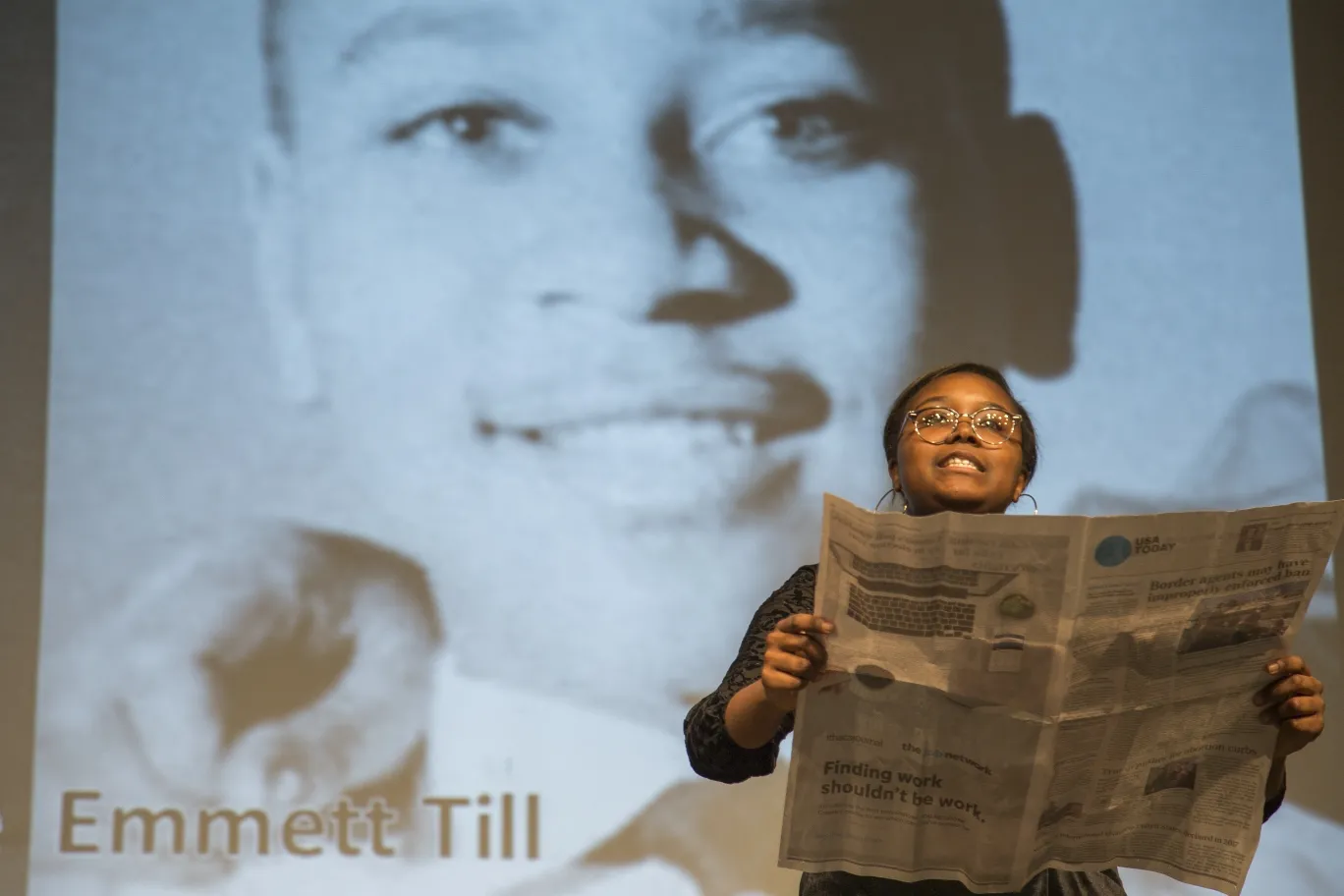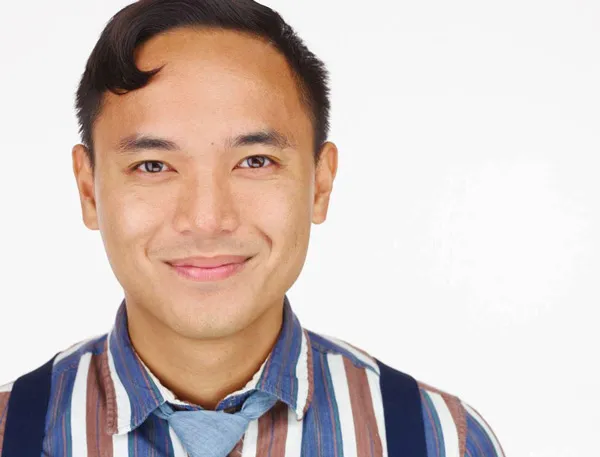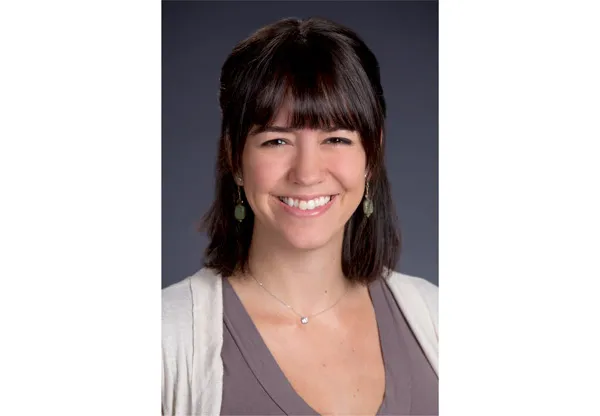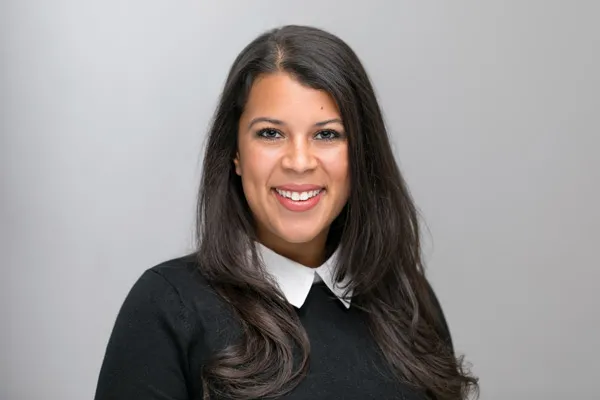Martin Luther King Jr. once said, “Life’s most persistent and urgent question is, ‘What are you doing for others?’”
The college's Martin Luther King Scholar Program—now celebrating its 15th anniversary—challenges participants to answer King’s question, not only during their time on campus but throughout the rest of their lives as well.
The MLK Scholar Program does provide generous academic assistance, with participants receiving a minimum merit-based scholarship of $25,000. But simply calling it a scholarship misses the mark. At its heart, the program is about making a difference in the world by advancing King’s legacy of social justice and equality.
“The MLK Scholar Program develops academically talented students from historically underrepresented ethnic and racial backgrounds into future leaders and global citizens,” says the program’s director, Malinda B. Smith, who retired this spring.
To support those aims, scholars undertake a rigorous program merging academic, leadership, community service, and social justice goals.
Scholars embark on a civil rights tour of the South during their first year and international trips in subsequent years to learn about social justice and equal rights in other parts of the world. Those trips support a multiyear research project culminating in presentations at the college’s James J. Whalen Academic Symposium.
There have been 150 MLK scholars since the program’s introduction in 2002, including alumni and current students. Those participants have taken paths as varied as their backgrounds, but there’s a common thread: they say the program was a pivotal influence in shaping how they help others.
Here’s how some alumni are answering King’s question.



